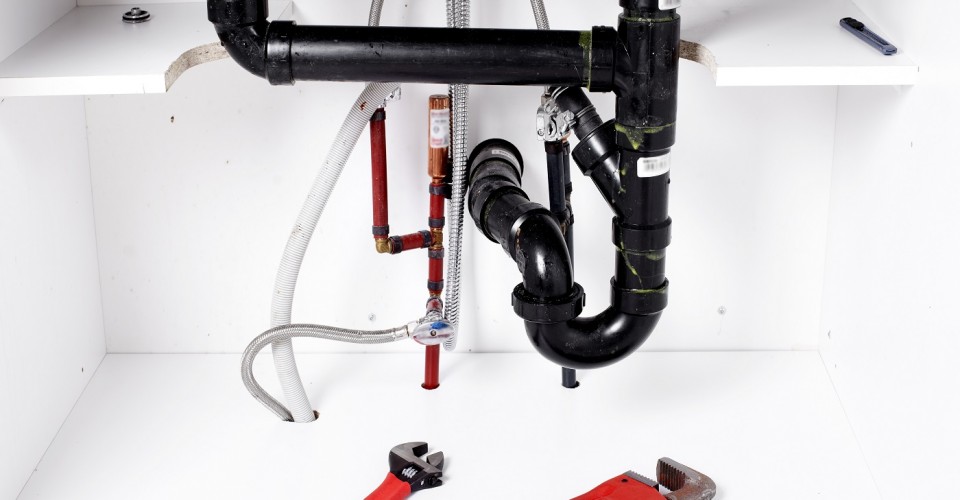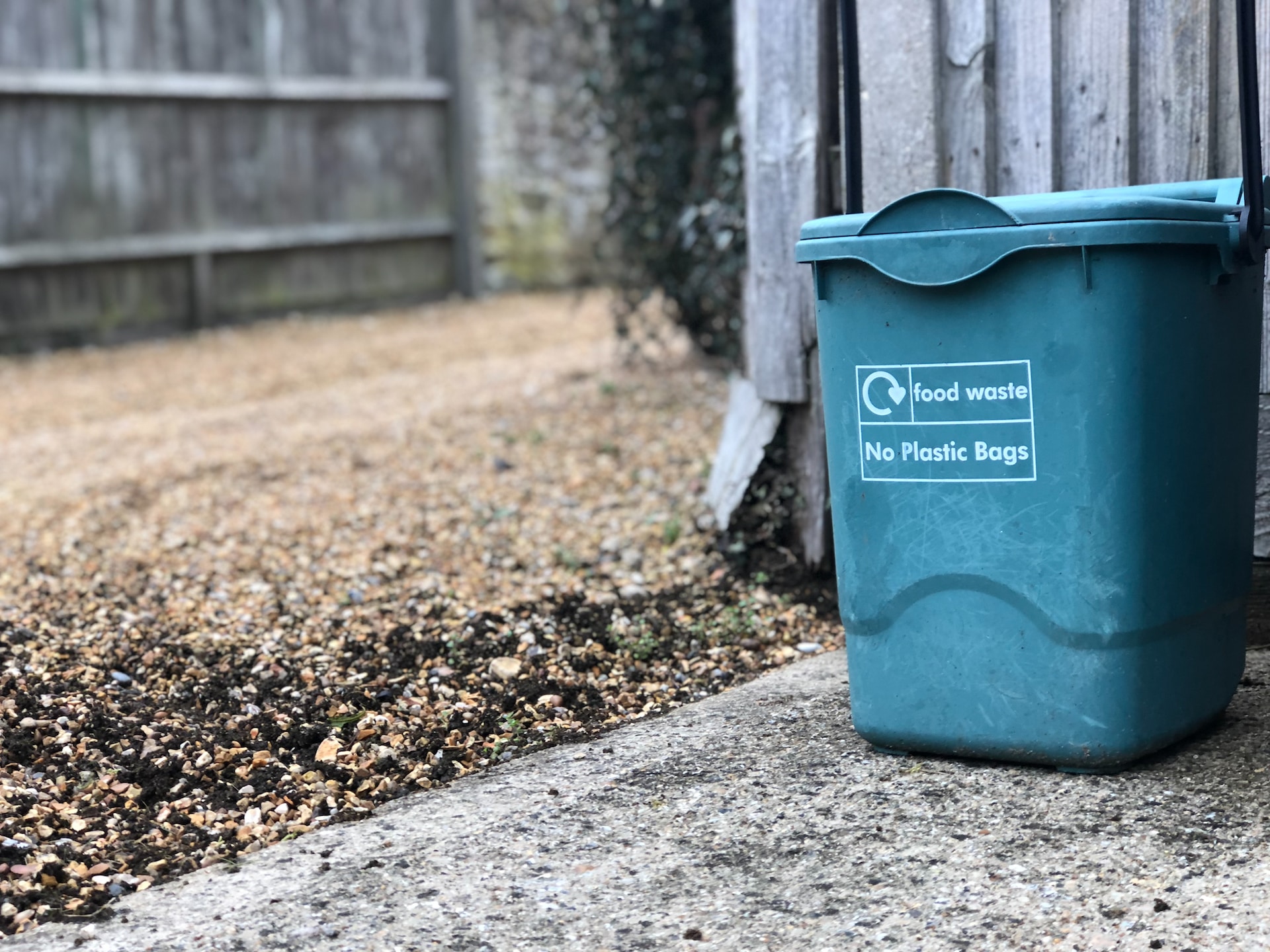When hiring a plumber for large projects, like a bathroom remodel, it is a good idea to get a written contract. Small jobs, like fixing a leak or a clog do not need a contract. However, when you have a plumbing project such as replacing pipes, installing sinks, toilets, other bathroom and kitchen fixtures or major repair to septic systems or water pipes, there should be a contract between you and the plumbing contractor before the work begins.
Having a contract reduces the possibility of miscommunication because the contract will clearly detail the work to be done and how to keep your plumbing project on schedule from start to finish. The contract will also outline the cost of the project so there are no surprise fees at the end. Before beginning your plumbing project, make sure to sign a contract.
What is a contract?
A contract is a legally binding agreement between you and your hired professional. This agreement is in the form of a written document that will protect you as the homeowner, as well as your contractor in the case of any problems arising. You can use your contract as a budget, timeline, and paper trail throughout the entire process of your renovations. There are standard types of contracts for home remodels, but it’s important to make sure your contract for your plumbing project is specific to you and your home. Some contractors may have a contract written up prior to providing you service, so don’t hesitate to ask your professional to sign a contract as it will benefit the both of you.
What should a plumbing contract look like?
The plumbing contractor should provide you with a contract that details all aspects of the plumbing project from materials used, payment plans, and removal of debris post completion. Some basic contract components are the following:
- Contractor’s full name and contact information
- Complete scope of project detailing what work will be performed and by whom
- Detailed list of materials used, including model numbers, sizes, dimensions, and costs
- Written payment schedule
- Necessary permits required
- Proof of professional being licensed, bonded, and insured
- Detailed instructions regarding cleanup
- Warranty information
Your contract should be very specific and detailed to ensure that nothing is left out that could possibly come back around to hurt you as the homeowner. For a greater description of important details, the following should be considered when drawing up your contract:
Description of services or scope of work
This section is usually located at the beginning of the contract although sometimes it is an exhibit or amendment. The description of services should be straightforward and explain in simple terms what the plumbing contractor is going to do, such as replacing and installing bathroom sink, repair hot water heater, install garbage disposal. This section also usually lists the homeowner’s name and address and personal information, but parts and fees are not a part of this area, this section purely outlines the plumbing project. Pay specific attention to this section of your contract to ensure all details are clear so there is no miscommunication between you and your contractor.
Parts and labor
This is the section of the contract that details, usually in a list form, the parts that the plumber will use. For instance, specific type of hot water heater that is being installed or repaired and the parts used on it, the type and size of pipes being fitted or repaired, or information regarding the garbage disposal being installed. Labor should also be outlined. If the plumbing contractor uses a sub-contractor for a certain aspect of the job, such as removing an old hot water heater, that information should be mentioned in this section.
If the plumber charges by the hour, an approximate number of hours should be listed as well. If the plumbing project is going to go over the approximated hours, the plumber should mention this to the homeowner before continuing with the work and the contract should outline next-steps should this be the case.
Payment and fees
There should not be any ambiguity about the cost of the plumbing project. Everything the plumber charges for should be in this section along with how much is being charged for each item or part of the project. Just like the labor costs previously mentioned, charges by the hour, a flat rate, or end and beginning of contract should be determined before you begin your plumbing project. Things like trip charges and charges for mileage are also listed here. If the plumber charges a fee for buying or ordering parts, that information should be provided with details regarding what the parts are for along with other rental equipment fees.
Avoid signing a contract that has ambiguous items like, “miscellaneous parts” or “other services as needed.” It is important this section is specific so you do not run into any surprises when the project is completed and you have additional fees you were unaware of.
Guarantees and warranty
A good plumber will guarantee satisfaction of their work. The details of the guarantee should be outlined in the contract. If there is a warranty on the parts and labor, that should also be included. Finally, if the project needs additional parts and if you or the plumber need to make changes to the project, those changes and additions should be outlined in a “Change Order” form, which is an amendment that is signed by you and the plumber. The new form will look like a mini contract and outline costs, parts needed, and how long it will take to complete the changes. This form will be attached to the original contract.
Can you cancel your contract?
In the case that your project does not go as planned or that your plumber fails to follow your signed agreement, you are able to get out of your contract. Outlining ahead of time what the terms and conditions are for a breach of contract will help you in voiding your contract with your plumber. If you are unsure how to go about getting out of your contract, consult an attorney before doing so. A contract protects you and the plumber by outlining the project and the cost, ensuring both you and the plumber are on the same page so there is no misunderstanding.




